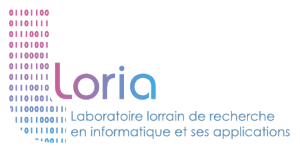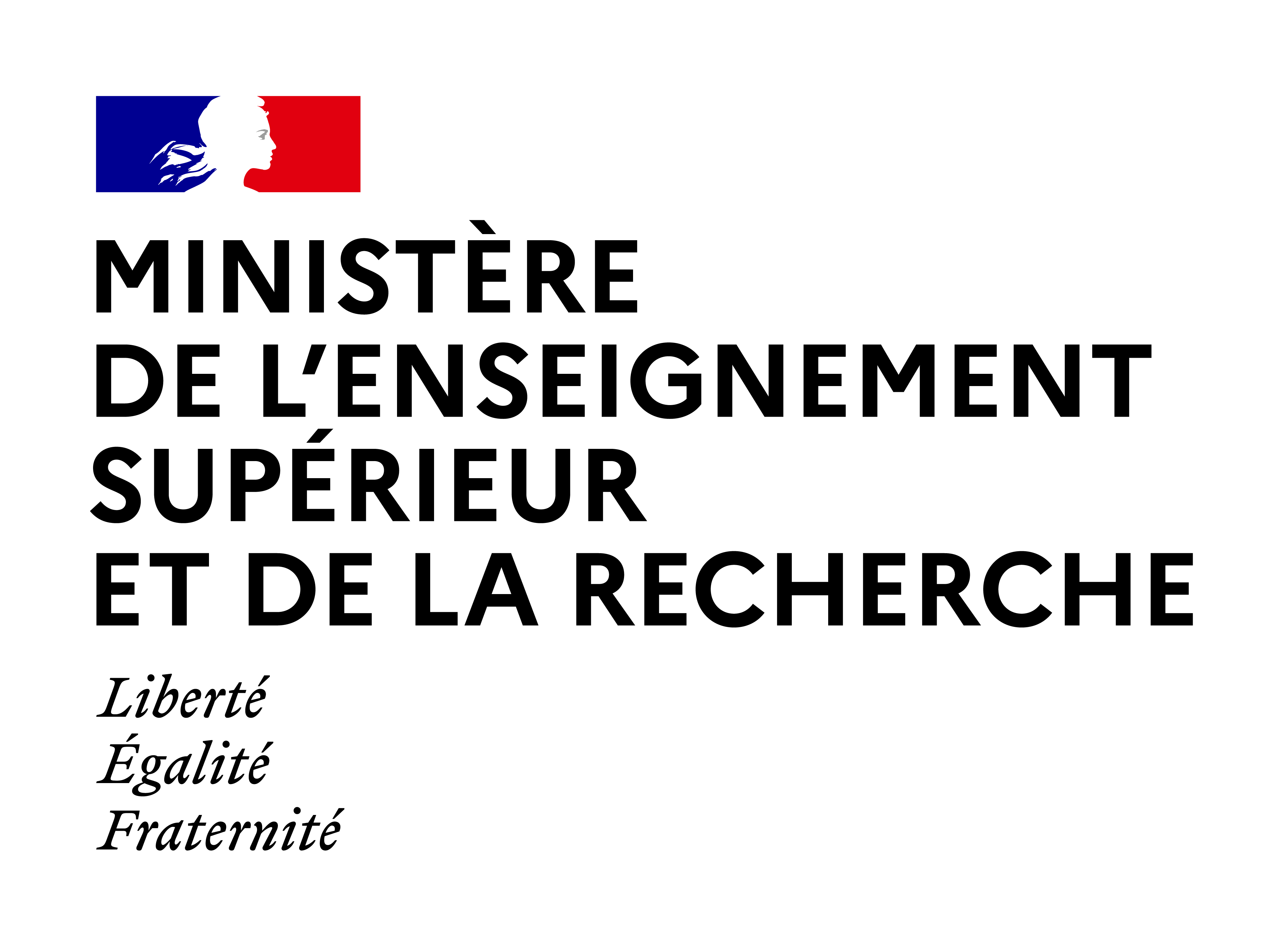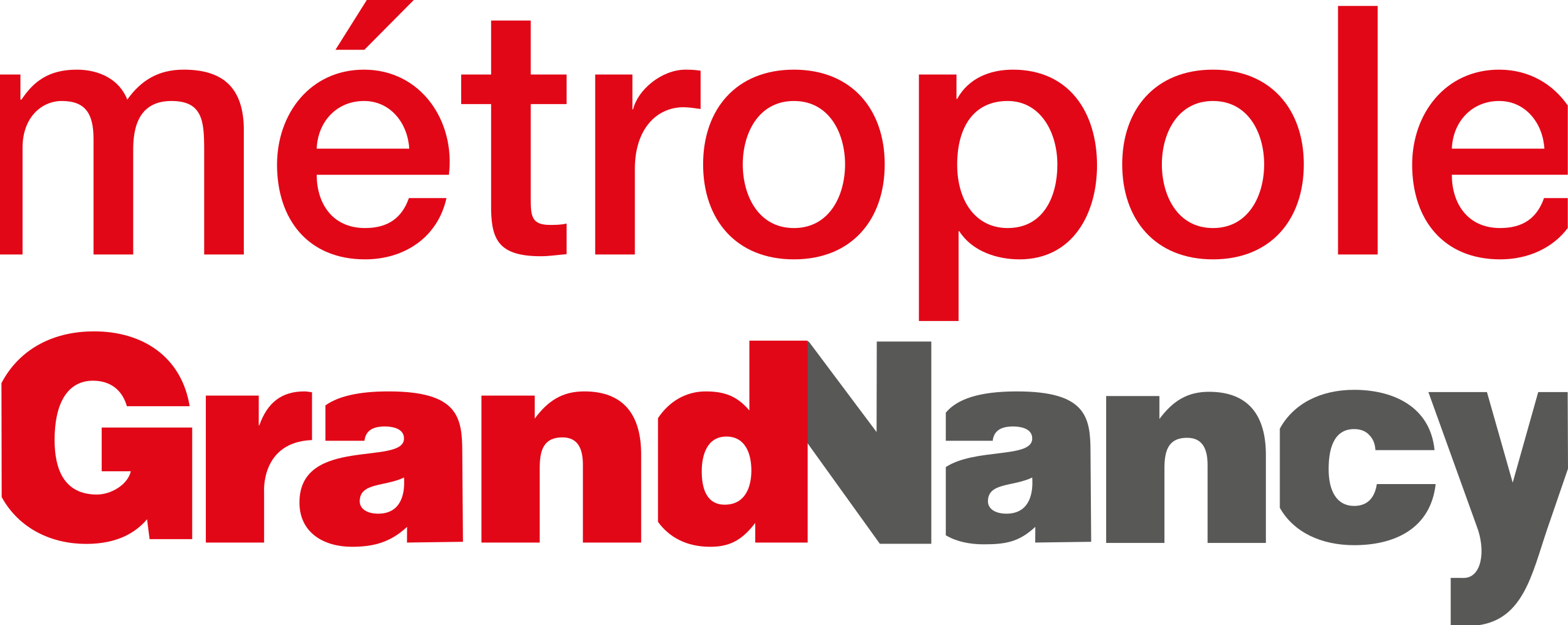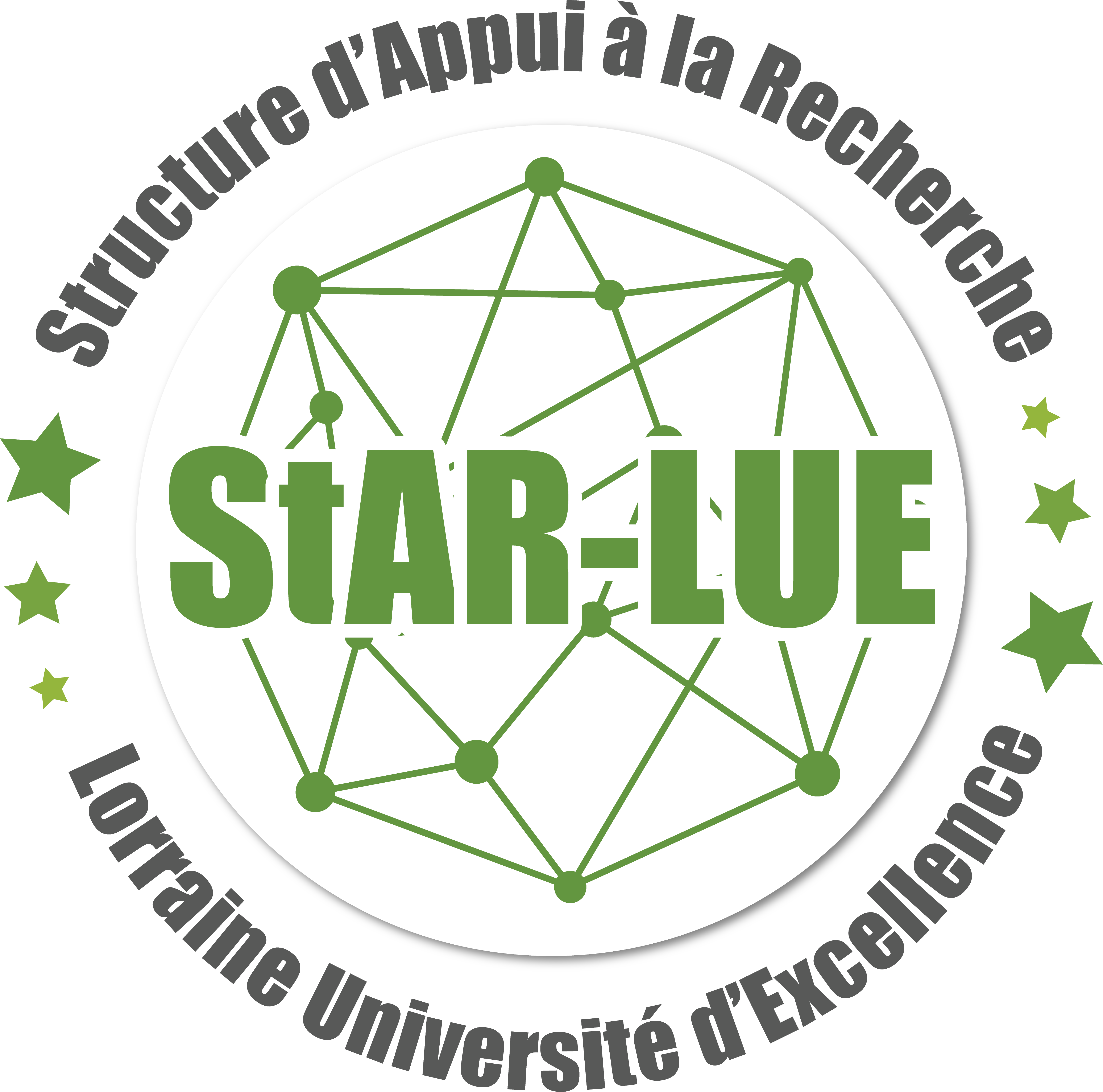Laboratoire de Haute Sécurité
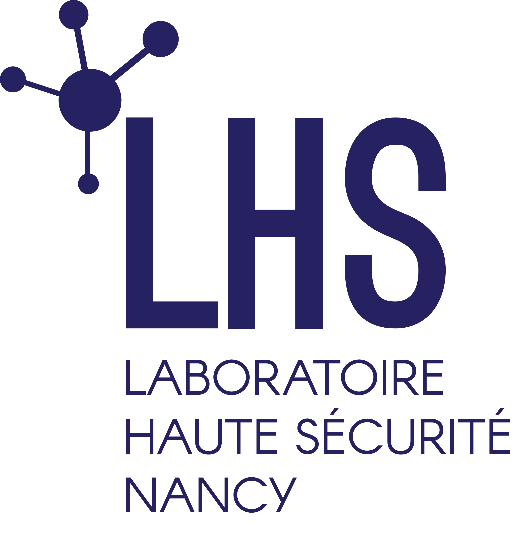
The laboratory, situated within a secure, enclosed environment, is equipped with an isolated network that maintains controlled Internet access. Physical security is ensured through biometric recognition systems, providing an additional layer of protection. This setup offers a robust technological and regulatory framework, ideal for conducting sensitive experiments, particularly in the field of cybersecurity, although it is not limited to this domain alone.
The facility has been meticulously designed to ensure the utmost security of data, experiment, and equipment under analysis. Adhering to its guiding principle—maintaining two distinct layers of protection between any data or experiment and the external environment—the laboratory employs security measures from different manufacturers and utilizes diverse technologies. This dual-layered approach significantly enhances the integrity and confidentiality of all analyses conducted within the facility.
Partners
The High Security Laboratory (LHS for Laboratoire de Haute sécurité in french) was built in 2008-2009 by the Centre Inria de l’Université de Lorraine and the Loria with the help from FEDER (European Fund for Regional Development), the Region of Lorraine, the Greater Nancy Metropolitan District and the Ministry for Higher Education and Research via the Regional Research and Technology Delegation.
Labels
The High Security Laboratory is member of different research platform networks and has been awarded various labels.

